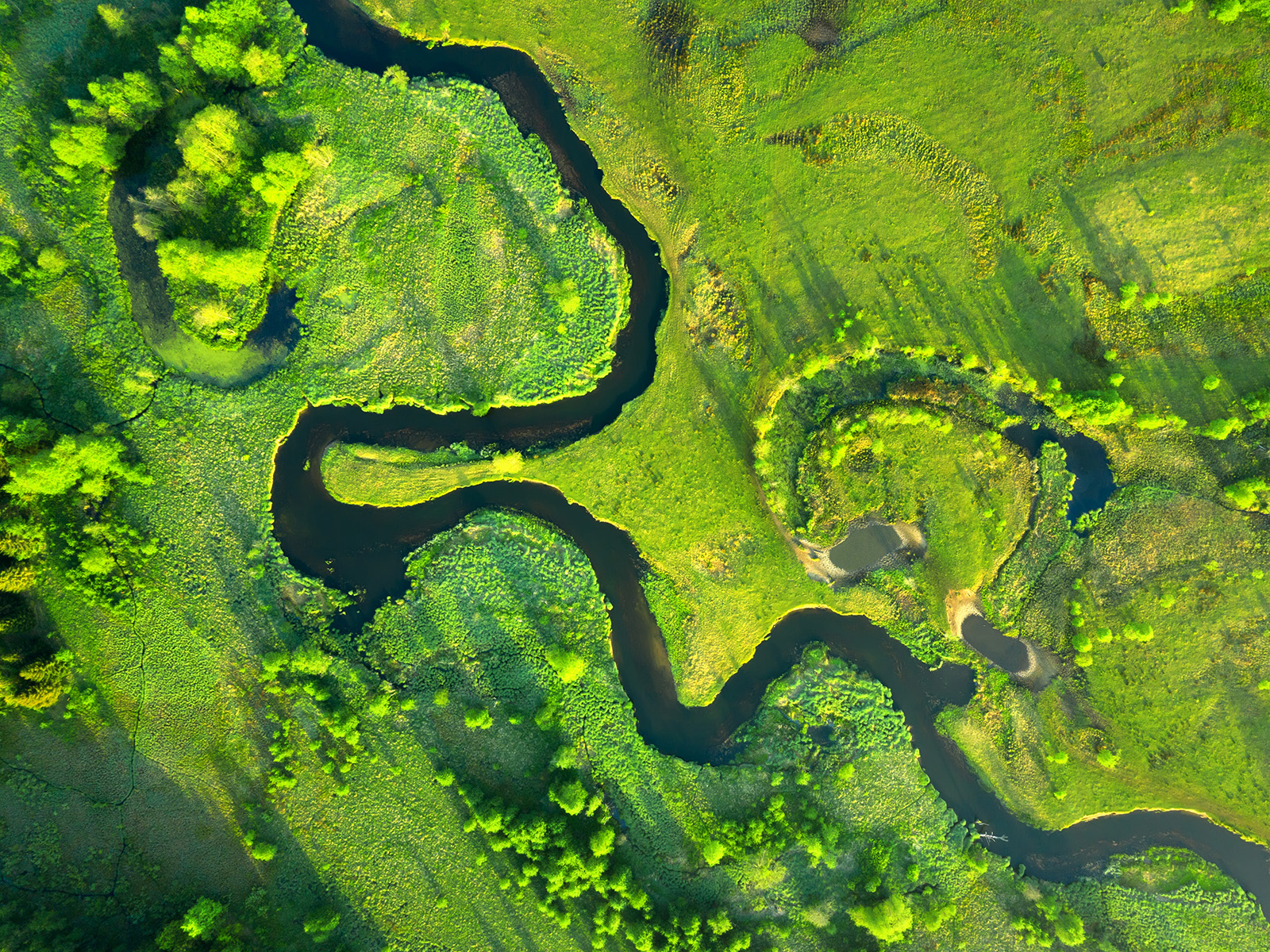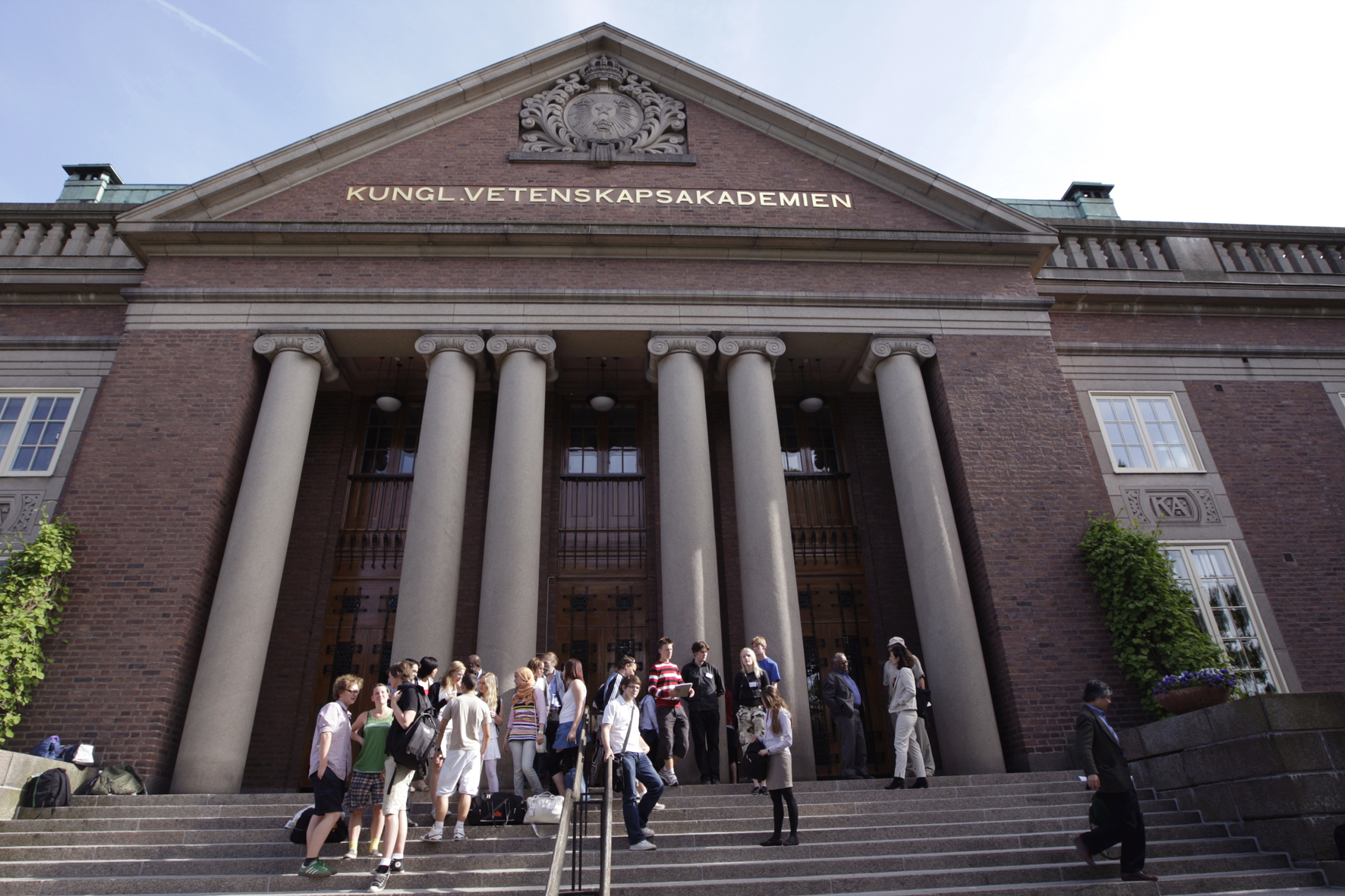The Anthropocene Laboratory is a new programme at the Academy, that started in 2023. The aim is to develop scientific understanding and synthesis of the Anthropocene biosphere, by working across the sciences and the humanities, engage with actors outside of academia to stimulate change, and help foster a new generation of transdisciplinary sustainability scientists. The laboratory is hiring multiple staff to achieve these functions. Located in Stockholm, Sweden, the laboratory will consist of researchers and facilitators, with a director reporting to the Secretary General of the Academy, guided by a Scientific Committee.

The laboratory intends to build and recruit a dynamic, diverse and collaborative team with an ability to work across scientific disciplines and between science and practice. One of its main functions will be to bring together international scholars that combine disciplinary perspectives and diverse skills, tools, and competencies for a more holistic understanding of the Anthropocene biosphere, our home on planet Earth, thereby exploring challenges and opportunities of advancing science for sustainability in an era of increased interconnectivity, social-ecological turbulence, and inequalities.
The laboratory will work closely with several Stockholm-based organizations engaged in sustainability, including the Stockholm Resilience Centre at Stockholm University, the Beijer Institute of Ecological Economics and the Global Economic Dynamics and the Biosphere Academy Program at the Royal Swedish Academy of Sciences.
We are looking for colleagues with an international and interdisciplinary interest, with documented experience in understanding and relating to the Anthropocene biosphere, and with a willingness to explore emergence in new scientific constellations. The laboratory strives to experiment, with the hope to discover new systemic interactions.
We are committed to diversity, equity, and representation – not because it looks good on paper but because it is essential for an ability to comprehend and engage with the Anthropocene.
We are recruiting a core team to develop the first phase of the laboratory (2023–2025). The laboratory’s working language is English, with all additional languages regarded as assets.
Research assistant – Full-time position for two years
The position
As a research assistant, you will work closely with the two post docs, supporting them with collection of quantitative and qualitative data, finding and reading scientific literature and supporting the laboratory with organisation of meetings and other activities. You have probably recently finished a master’s degree in a sustainability related field, but application from individuals from other backgrounds and career stages are welcome.
The position will provide you with substantial new knowledge and skills, suitable for an ambition to engage in post graduate studies at a university, or continue as research assistant at the laboratory or elsewhere.
Your qualifications
You enjoy data collection but understand what data to be skeptical of. You are independent but enjoy being part of a team. You have an interest and ability to cross scientific boundaries and are keen to glean and combine information from different academic disciplines, sectors, institutions, and regions. You know how to find and process information and are not afraid to call people to ask questions.
In your application, please describe your interest and abilities to fulfill duties commensurate with the role.
The research assistant will be evaluated on an annual basis, with a focus on ability to effectively identify and obtain robust data, work diligently with the post docs, as well as independence and capacity to collaborate.
Application
We look forward to your application! In your application, please make sure to clearly specify which of the positions you are applying for.
Please submit your cover letter, CV and a maximum of two letters of recommendations to henrik.osterblom@kva.se.
Deadline for application: March 31, 2023
Intended starting date: May 1, 2023 (flexible)
Contact
Please contact Prof. Henrik Österblom henrik.osterblom@kva.se (Director of the Anthropocene Laboratory) or Prof. Carl Folke carl.folke@beijer.kva.se (Chair of the Scientific Committee) for further questions.
The Royal Swedish Academy of Sciences was founded in 1739 and is an independent organisation, whose overall objective is to promote the sciences and strengthen their influence in society. The Academy promotes science of the highest quality by fostering development and innovation in Swedish research. It enhances the status of science in society by drawing attention to key social issues and examining them in scientific terms, and joins in cooperation on global issues, with an aim of being an international scientific proponent of sustainable development.


